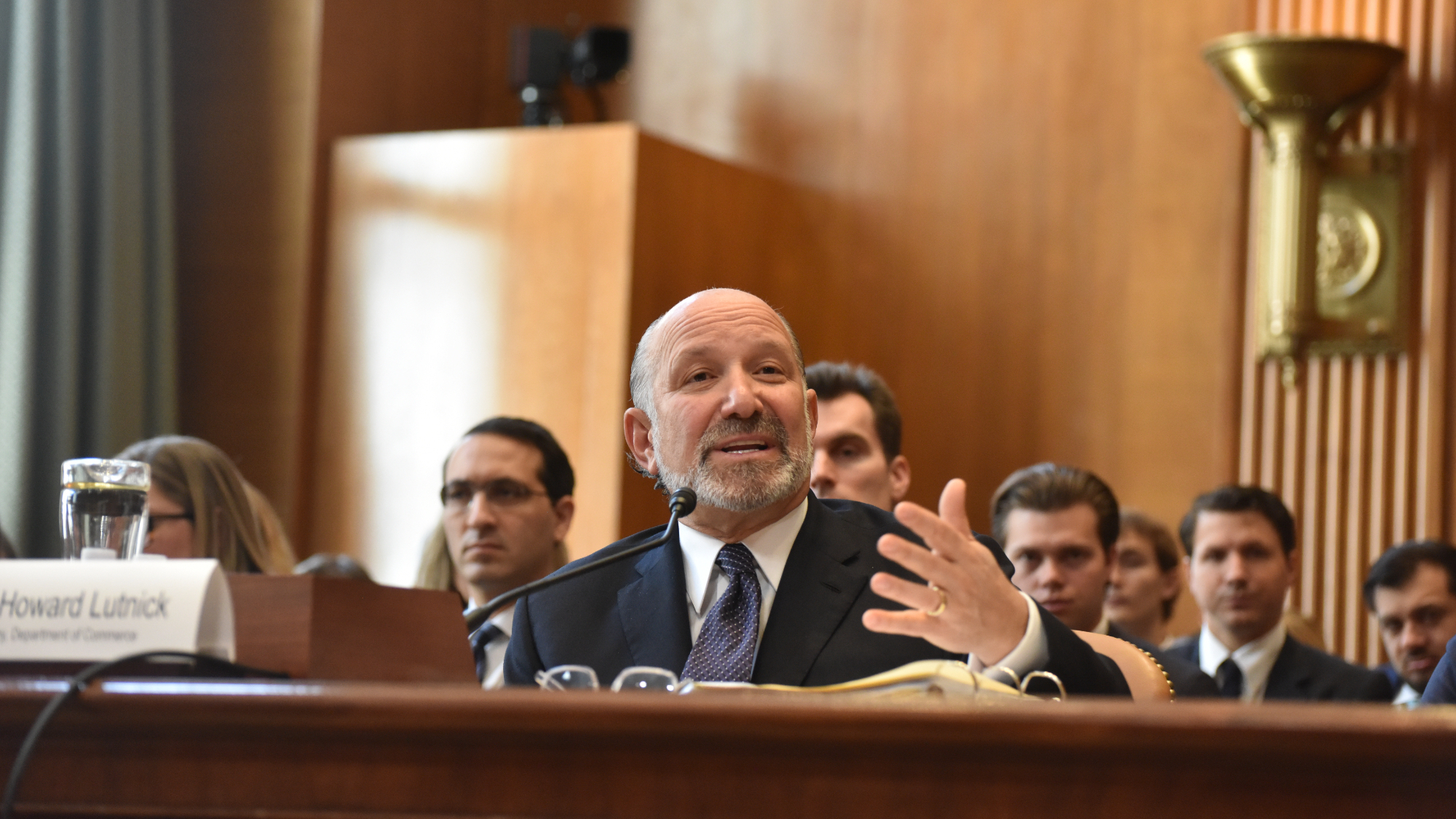U.S. Commerce Secretary Howard Lutnick told the Senate Appropriations Committee that the White House is renegotiating with CHIPS Act recipients, hoping to push companies receiving the subsidies to pour more money into the American semiconductor projects. Taiwan Semiconductor Manufacturing Company (TSMC), which received $6.6 billion in grants from the U.S. government, set the precedent by announcing an extra $100 billion investment on top of its initial $65 billion commitment, and the White House seemingly wants other companies to follow suit, reports Bloomberg.
“Are we renegotiating? Absolutely, for the benefit of the American taxpayer, for sure. We’re getting more value for the same dollars,” Lutnick told the Senate committee. He also alluded that companies that refuse to play ball may not receive their payouts. “You will see that all the deals are getting better, and the only deals that are not getting done are deals that should have never been done in the first place.”
President Trump was allegedly against the CHIPS Act even during the campaign period, which was the Biden administration’s flagship project. When he addressed the U.S. Congress for the first time in his second term, he called it “a horrible, horrible thing” and even asked the representatives to “get rid of the CHIPS Act.” However, the legislators are hesitant to revoke the law, which received bipartisan support and brings jobs to various states and congressional districts. So, instead of killing the act, which could dramatically shrink U.S. chip market share, it seems that Washington is instead strong-arming recipients to invest more for every dollar it will receive.
Lutnick also touched on the effectiveness of the U.S.’s bans on China during the session. He said that China cannot produce the AI chips in massive quantities similar to what TSMC does for Nvidia. According to his estimates, the country could at most push out 200,000 of these advanced semiconductors required by data centers and the latest smartphones — a fraction of the projected 2 million chips that Nvidia should have delivered last year. When coupled with Washington’s export controls, China would have trouble satisfying the massive demand of Chinese consumers and tech companies, at least in the short term.
Follow Tom's Hardware on Google News to get our up-to-date news, analysis, and reviews in your feeds. Make sure to click the Follow button.

 5 months ago
55
5 months ago
55








 English (US) ·
English (US) ·